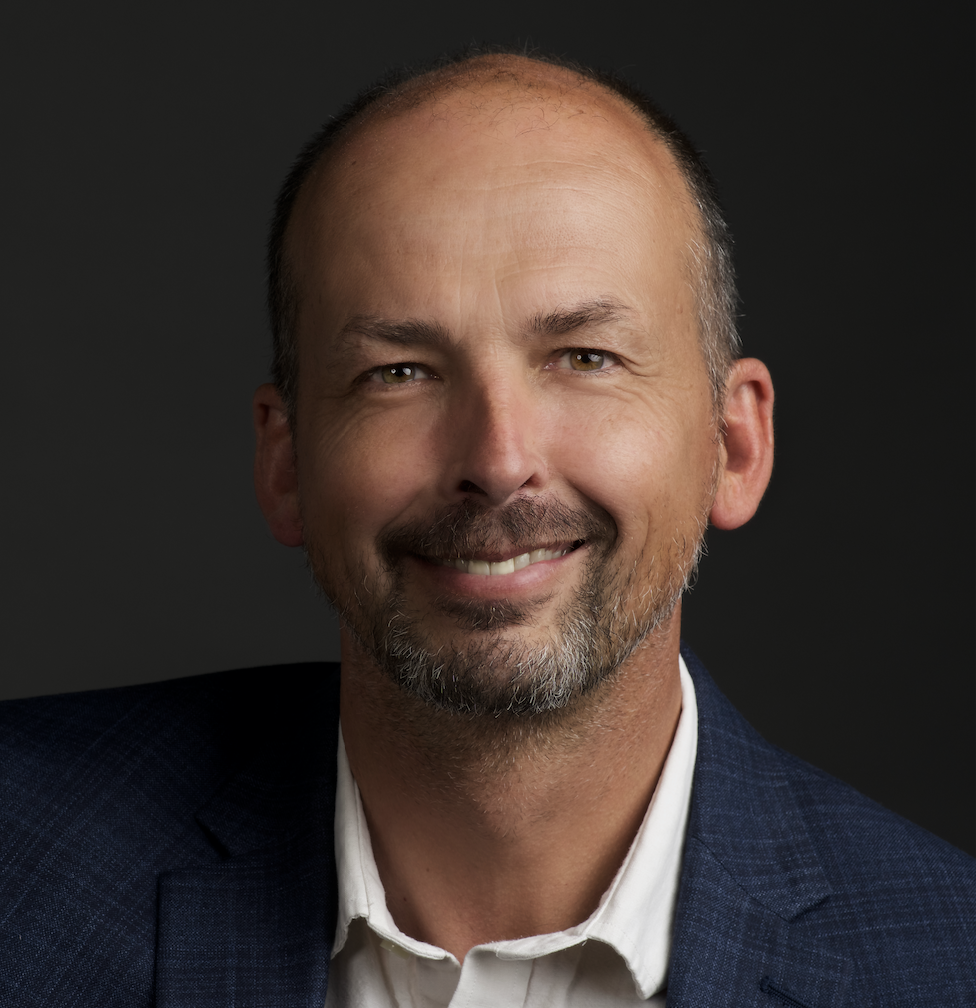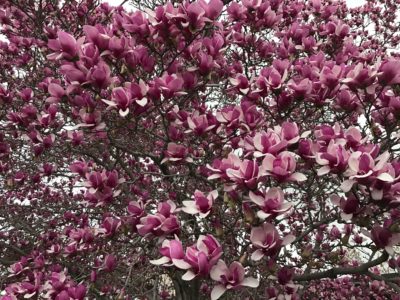My friend and colleague Amanda Fenton has been writing about love, power, and choice. One of the things I appreciate in Amanda is her thoughtfulness, and her keen perception that welcomes multiple perspectives and insights. She shares some background, some story, and her evolution of thinking in this excerpt from her blog:
I’ve been reflecting on my experience in a session I co-hosted and the connection with philosopher Paul Tillich’s concept of power and love:
- Power: The drive of everything living to realize itself, with increasing intensity, to achieve one’s purpose and grow. It isn’t “power over” but about achieving “the whole in itself”.
- Love: The drive to unite the separated, to recognize and make whole, with a focus on relationship and connection. It is unity of the larger whole.
Adam Kahane describes power and love not as an either/or, but a polarity or dilemma, and the way through is by cycling between them. Like walking – moving one foot then the other – they are never in static balance. And it is also fractal – there is the “whole in itself” and at the same time, the whole is “part of a larger whole” that reveals and enacts a similar pattern.

